On an unseasonably warm evening last week, I plopped into my bed after a painfully long day. I busied myself with the variety of entertainment most accessible to people of my generation. Scrolling through my phone with the frantic velocity of a criminal escaping the scene of a crime, I happened upon news that made me stop—gobsmacked—in my tracks. Taylor Swift had just announced her engagement to Kansas City Chiefs player Travis Michael Kalce. Let’s face it: we all saw this coming. Nonetheless, the news elicited in me so great an emotional response that I had to pause for a moment to interrogate my excitement. I’m not particularly a Swiftie. In fact, what little knowledge I have of her and her music was gleaned, unwittingly, from people around me and, of course, the interminably busy thoroughfare that is the internet. Nonetheless, seeing Taylor and Travis holding each other lovingly, the affection in their eyes is palpable, against a leafy backdrop interspersed with pastel colored flowers, made a part of my heart pulse with mawkish excitement: maybe love exists after all.
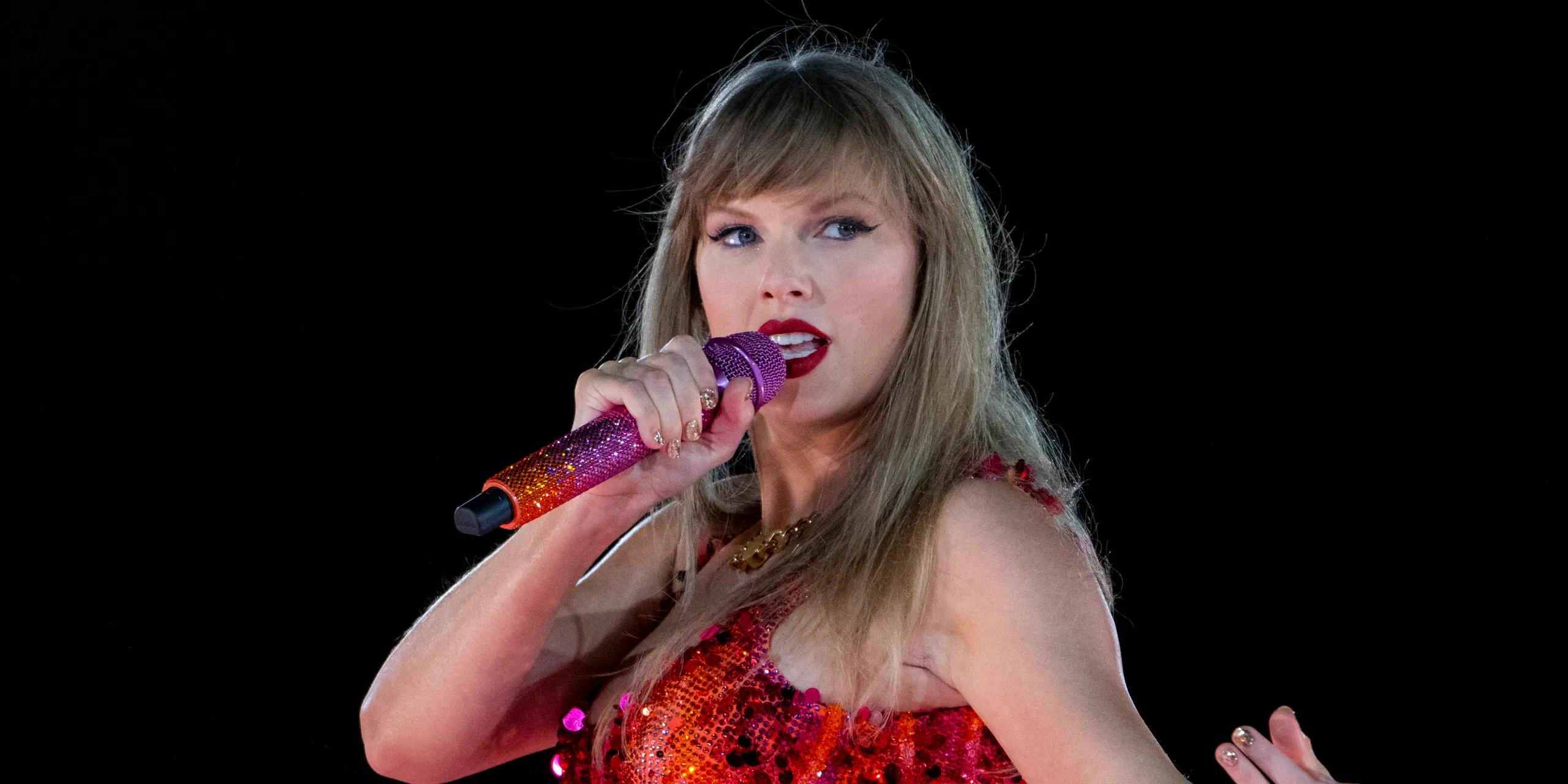
Not too long afterwards, I saw another picture that made me stop, again, gobsmacked. In the grainy, vintage-looking picture, Sabrina Carpenter, another popstar of epic proportions, is on her knees wearing a black dress, hands grasping the feet of a suited man who pulls in a handful of her golden hair. Originally posted on the 11th of June, the picture is hardly new. As Sabrina Carpenter’s then-imminent album, Man’s Best Friend, drew closer to its inexorable release, the picture, which also happens to be the album’s cover, resurfaced on social media with increased forcefulness; and of course, a deluge of opinions, critiques, defences, and polemics rolled in.
At this point, you probably have figured out where this missive, if I can call it that, is headed. Last week in global pop culture was dominated by two incredibly famous, blonde pop stars heralding competing visions of femininity. On the one hand is Taylor Swift, who is a feminist interpretation of the institution, one where traditional gender roles are swapped out for an equitable partnership. On the other however, we have Sabrina Carpenter who seemingly plays into the stereotype of women being fundamentally subservient to men, deploying the iconography of canines as a metaphor for the domesticity expected of women in heteronormative relationships.
In this instalment of PopTakes, a column in which a writer from Deeds’ editorial team distils notable events from the past week in pop culture through their unique lens, I explore these topics and more.
Taylor Swift and Travis Kelce Get Engaged
A sizable swath of the internet has been steeped in jubilation since the engagement pictures of the superstar duo surfaced on social media. It’s not unusual for celebrity relationships to rouse public conversation or fanfare. The scale of the jubilation Swift and Kelce’s engagement has stirred, however, feels unprecedented. What’s most interesting about all of this is that reactions to the news have been overwhelmingly wholesome, which feels like a breath of fresh air in today’s cynical digital milieu. This is partly explained by the mammoth scale of their respective fanbases. But even their detractors, Trump, for example, seem to have been swept up by the air of festivity. Trump, who has posted about hating the singer and said she’s “NO LONGER HOT,” chimed in on the conversation with an uncharacteristically cordial post that reads: “I think he’s a great guy and I think that she’s a terrific person. So I wish them a lot of luck.”
On The Album Cover For Sabrina Carpenter’s Man’s Best Friend Album
“I can’t support this type of communication. Unfollowed,” reads one comment in response to an Instagram post by Sabrina Carpenter of her now infamous album cover. “Don’t, girl!! Don’t normalise this,” reads another. Another one reads “Am I the only one who thinks this is dehumanising to women?” These tweets capture the holy fervour with which many have repudiated Carpenter’s album cover. Last week, in an interview with CBS’s Gayle King, she addressed the backlash. “Y’all need to get out more, I think,” she said. “Between me and my friends and my family and the people that I always share my music and my art with first, it just wasn’t even a conversation… It was just, like, it’s perfect for what the album is, and what it represents.”
Her fans and some more charitable internet denizens have tried to make the case that the album and its cover satirise the power dynamics in heteronormative relationships. Carpenter has, however, offered a different perspective, interpreting it as “being in on the control, being in on your lack of control, and when you want to be in control”, whoever knows what that means. I don’t claim to definitively know her intentions with the album, but I think she is leaning more strongly into the often debasing and servile trad-wife archetype that is synonymous with right-wing politics. With the conservative politics and sentiments on the rise in the US, it’s not hard to see why a female pop star with somewhat conservative leanings would choose to head in this direction. Further elucidating this dynamic is Donald Trump’s reaction hints at liberal values, or as he likes to describe it: wokeism.
The sweeping campaign he has enacted to stamp out progressive ideas from American cultural institutions aside, his attitude towards artists with dissenting politics speaks volumes. While he has viciously lobbed all manner of invectives at Taylor Swift, who is unflinching in her defence of feminism and her liberal values, he has smothered Sydney Sweeney in praise since her infamous American Eagle ad, which many many interpret as a subtle nod to the far-right’s eugenics bent. Whatever the case may be, there are better ways to satirise heteronormative relationships or draw attention to the powerlessness women often feel in our patriarchal society than grovelling at a man’s feet and drawing parallels between women and dogs.
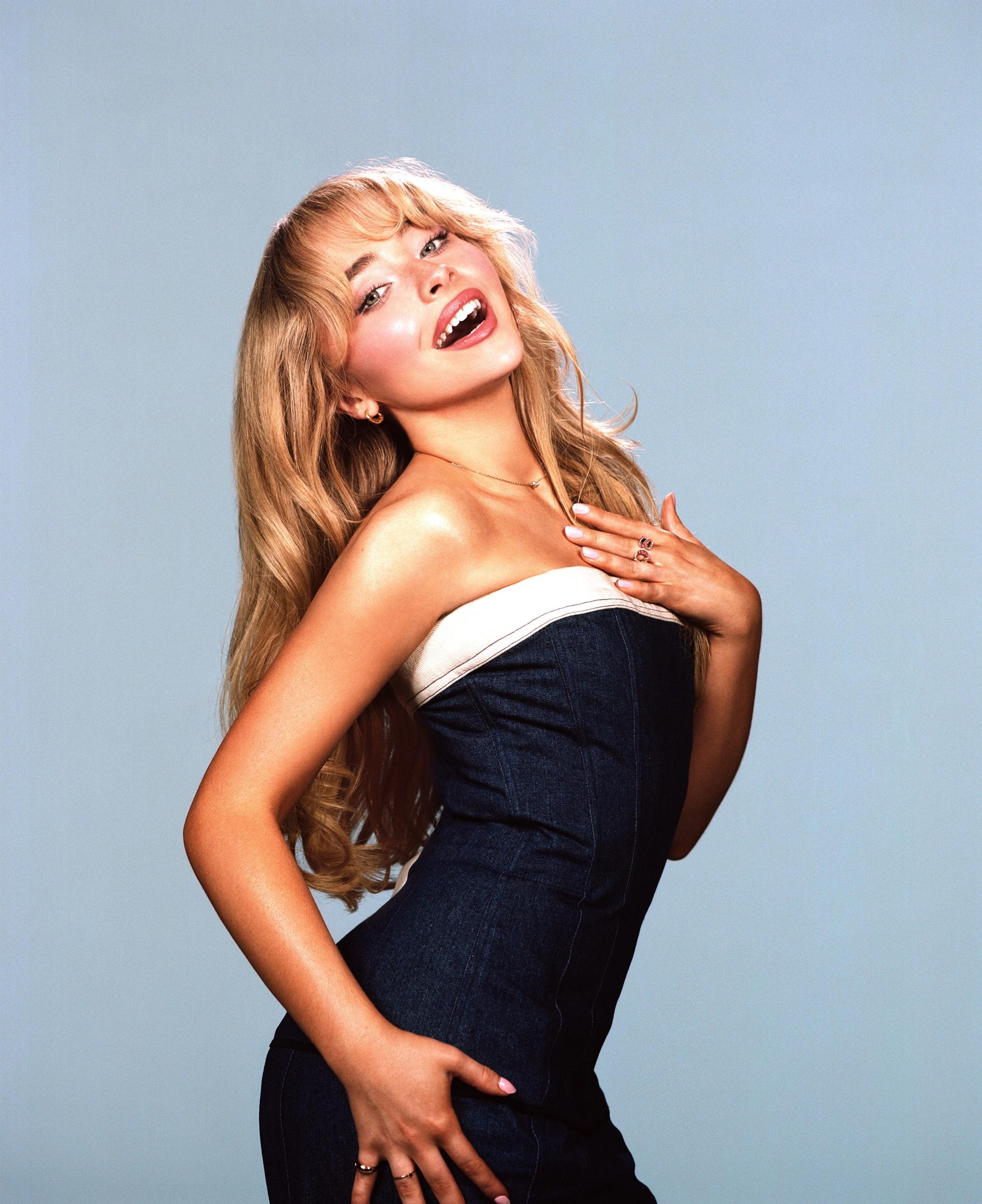
Bryson Tiller Expresses Desire For an Alternative Career Path
Last week, in an interesting turn of events, R&B singer Bryson Tiller, who is hardly ever in the news for controversy, faced a blitz of criticism when he announced that “The moment I have success in something else that can feed my family, I’m done being an artist.” His critics contend that he’s being whiny, ungrateful, and unserious with a career many would kill to have. As I sifted through the deluge of opinions on the subject that had populated my feed with the imperiousness of a roving mob, I mourned internally the internet’s ability to erase our capacity for empathy. Ultimately, Bryson Tiller is human like the rest of us, and if he has lost his spark for music and would like to try his hand at something else, the least we can do is offer him support.
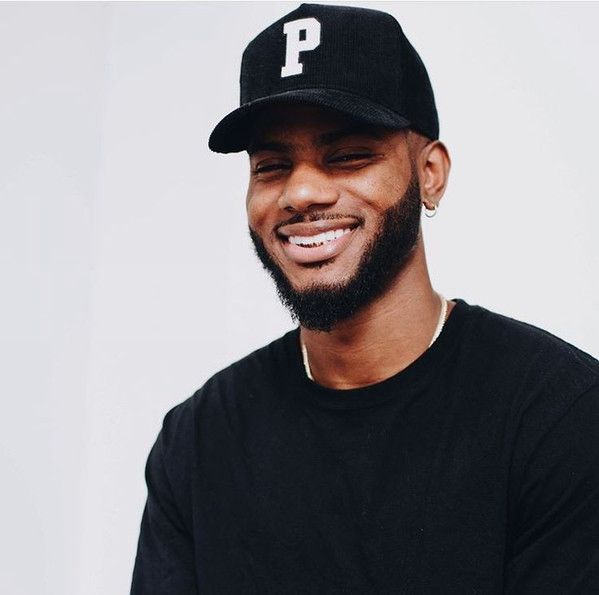
.svg)

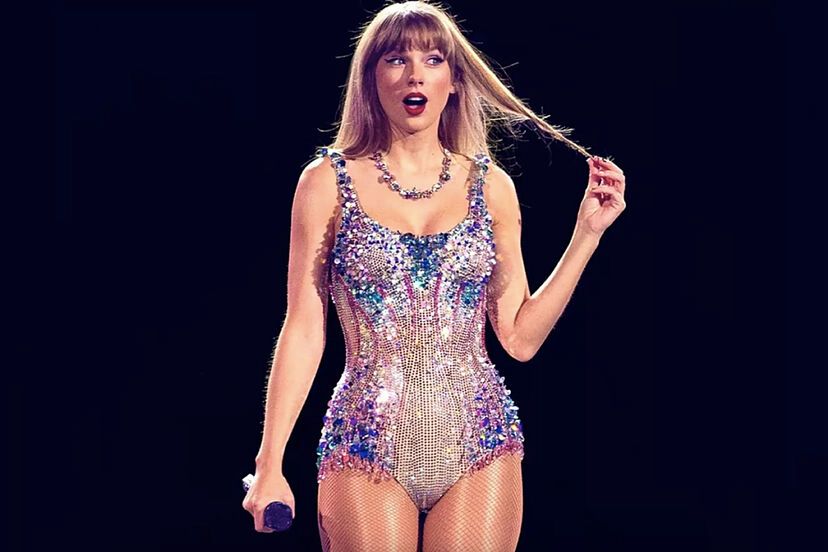
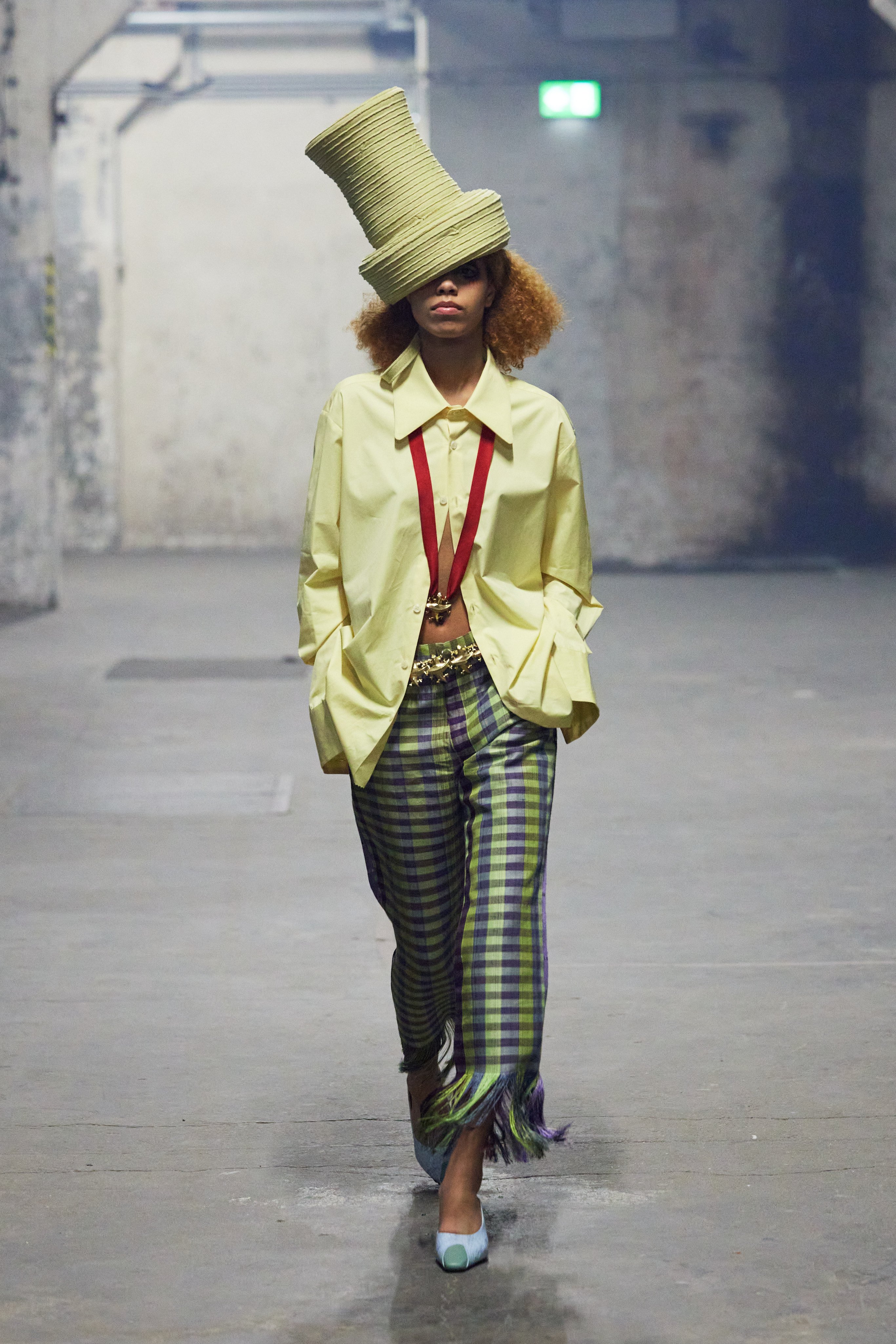




.png)

